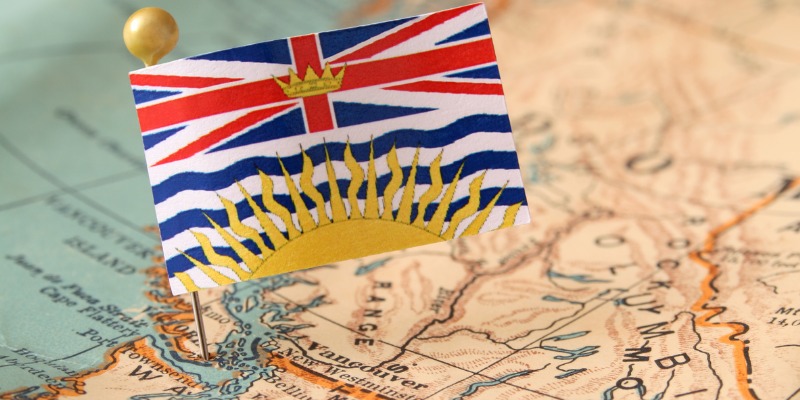Cost of government debt rising for British Columbians

The British Columbia government’s recent financial and economic update confirmed that the province is on track for one of the largest budget deficits in its history this year. At $5.6 billion, this year’s deficit will be larger than in fiscal year 2020/21 when the economy was in the grip of the COVID recession. The deteriorating condition of B.C.’s finances will mean higher interest payments on government debt in the years ahead.
Let’s first take a closer look at the government’s debt trajectory. The $5.6 billion operating deficit for this year is just the tip of the iceberg as this figure only includes day-to-day government expenditures such as wages and salaries for public-sector employees and the existing interest on debt. Once you add in capital spending on long-term projects (i.e. highways and schools), the scale of the coming debt boom becomes more evident. According to the Eby government’s last multi-year forecast, the net debt burden (a measure that adjusts for financial assets) will increase by an estimated $39.1 billion between 2022/23 and 2025/26. For context, that’s approximately $6,969 in new debt for every resident of the province.
The negative effects of this debt increase will be felt immediately as interest costs are on track to increase quickly. In 2022/23, the Eby government spent $2.7 billion on debt interest. By 2025/26, debt interest will grow to a projected $4.1 billion—an increase of 53 per cent over three years.
Growing debt interest payments will siphon off scarce dollars that could otherwise be used for other priorities such as tax relief that could help encourage economic growth.
The government’s fiscal forecast, however, is just that—a forecast. It’s not written in stone, and different policy choices could mitigate the anticipated growth in debt and interest costs and put the province on a different financial trajectory.
Recent research clearly shows that B.C.’s large deficits and rapid debt growth are the result of rapid spending increases to in recent years. In fact, if the Horgan and Eby governments had not increased the rate of spending growth during their time in office, the province’s debt burden would be declining (relative to the size of the provincial economy) rather than rising.
Indeed, government spending is the cause of B.C.’s growing debt and interest costs/ Therefore, exercising spending restraint can help put the province on a different fiscal track. For example, government employees in B.C. enjoy higher wages (on average) than similar private-sector workers while also enjoying several other advantages with respect to non-wage benefits. At the same time, government employment across the province has been growing quickly in recent years. To prevent rapid debt and interest growth in years ahead, the Eby government could slow the growth in the government wage bill, which is the largest expenditure for the provincial government.
B.C.’s historically large budget deficit and rapid debt growth are not merely matters of academic concern to economists. They will have a real and immediate effect as debt interest consumes resources that could otherwise be used for other priorities such as pro-growth tax relief. These trends, however, are not inevitable, but rather the result of policy choices. If the Eby government decides to change course and restrain spending, it can halt these trends.
Authors:
Subscribe to the Fraser Institute
Get the latest news from the Fraser Institute on the latest research studies, news and events.

